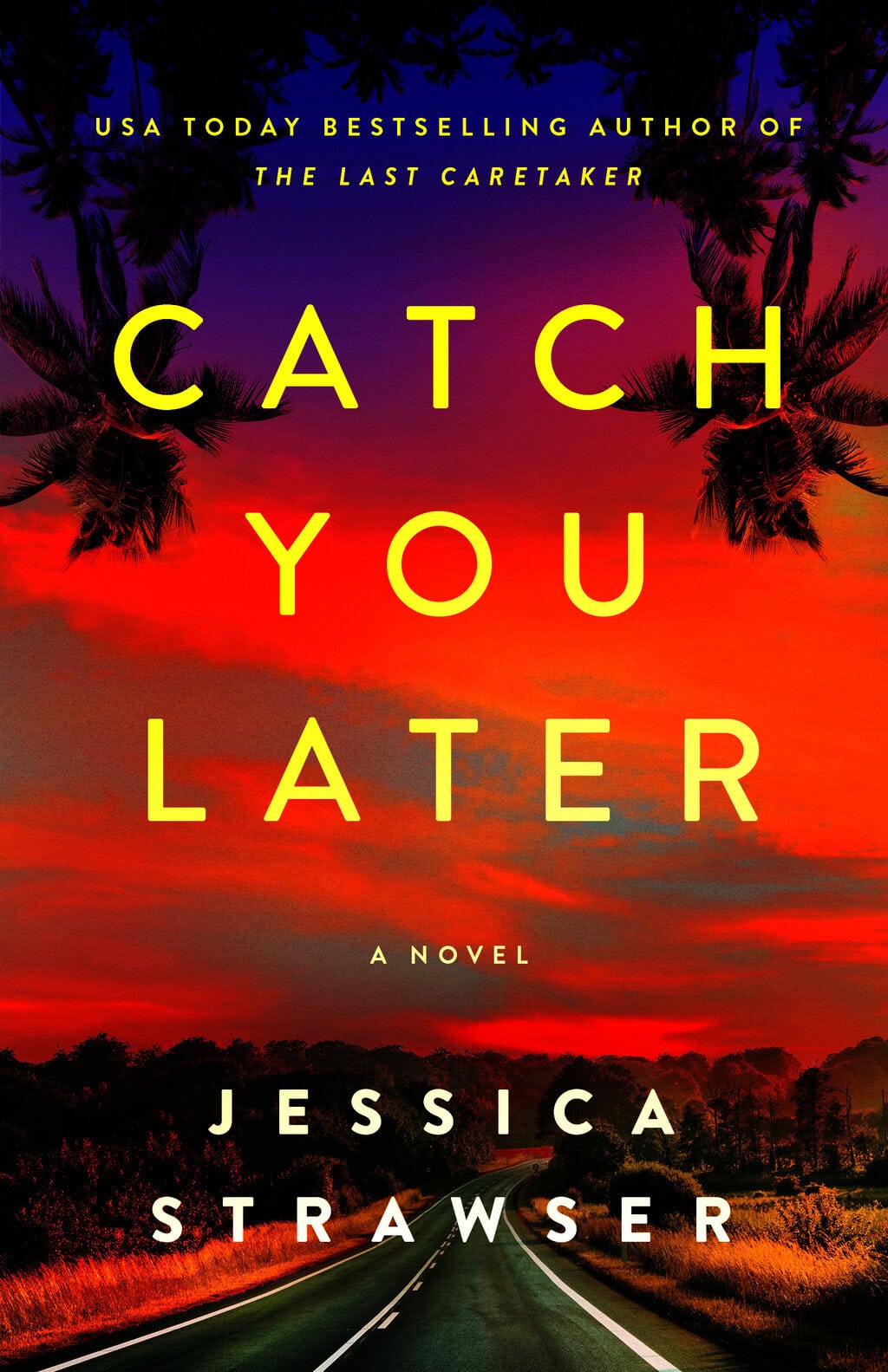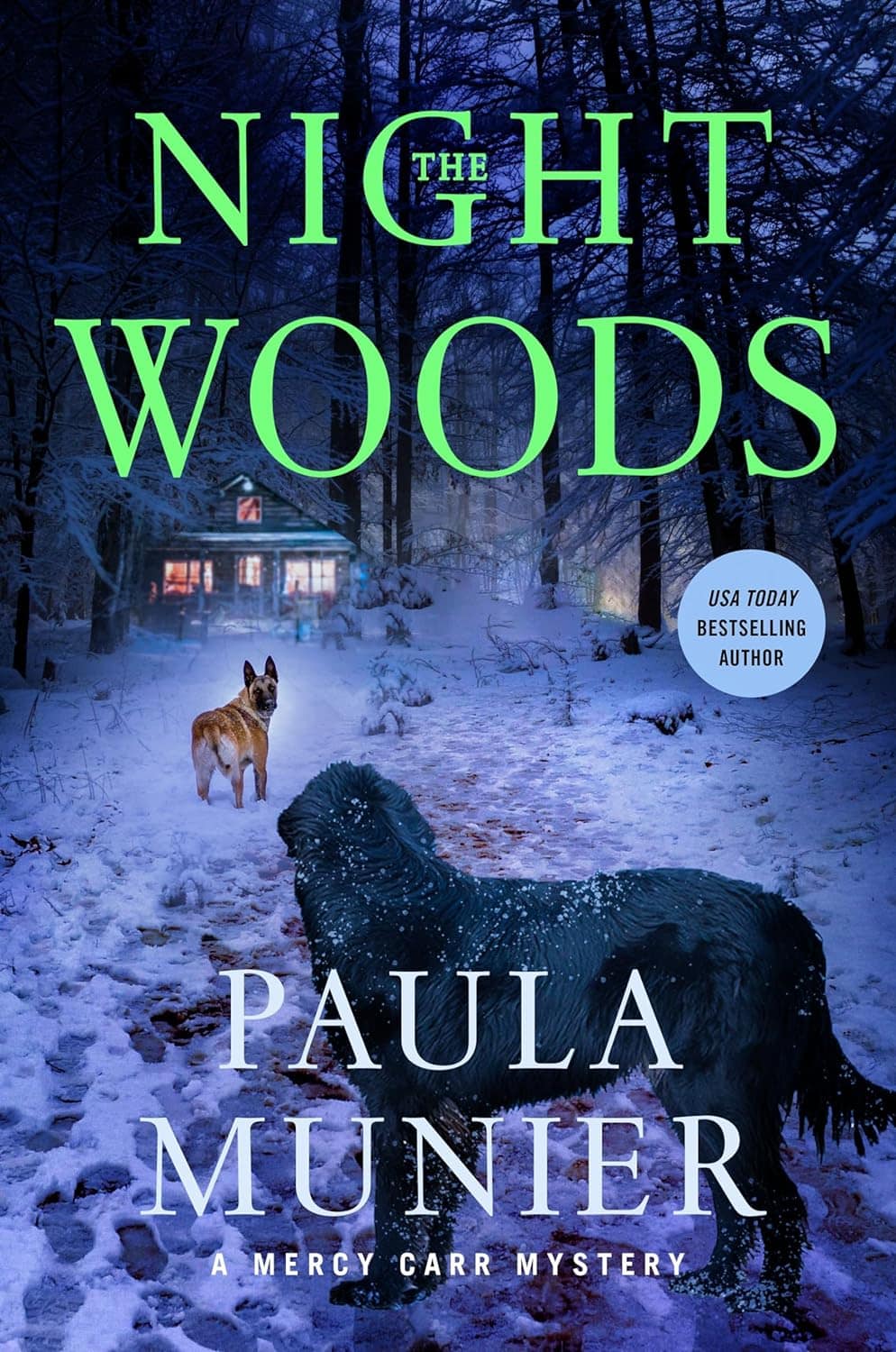by Claire Needell
The first YA novel I read was The Outsiders by S.E. Hinton, which was given to me by my father when I was ten. I remember him coming into my room to say goodnight (which I recall him doing just twice in my life: once to say his father had died and once to give me The Outsiders) and him handing me the book and telling me it had been a favorite of his. My father and I had books between us always, but we never had very open communication when I was young. He is a reticent person, and I was always a bit shy and intimidated by him.
Of course, I tore through The Outsiders and all the rest of the Hinton oeuvre. I read Judy Blume too, naturally, as this was the height of her enormous popularity. When Blume’s Forever came out, my friends and I all discussed, not only the graphic losing-her-virginity-in-the-TV-room scene, but all the main character’s outfits. Embroidered jeans and a light blue turtleneck were what she wore for her “first time.” My friend Vicky thought it was a horrible outfit choice, unless maybe she had on some good jewelry, like the Tiffany “floating” silver heart she, Vicky, wore dangling over her own tight-fitting turtlenecks. I’m not fact-checking any of this, because the point is I can call up in my mind a scene I read by Judy Blume when I was twelve, or at least I think I can.
Teens read this way—with an intensity adults do not, because they are really reading to save their lives, or to create their lives. They read with a searching desperation because somewhere a record of their reality must exist. Subjective experience must be captureable, must be accessible and comprehensible. In truth, we can only capture a bit at a time, never the whole of ourselves, and as we get older, we accept this inscrutability of our deepest selves as a part of the human experience. But I suppose some of us never get over that need to pin ourselves down, and so we become makers of complicated freeze-frames, novels, stories, that seem to move, seem to escape into the void of time, but do not.
I was only ten when my father gave me The Outsiders. I was still afraid of the dark. I lay in bed and thought about the darkness outside, and how it was identical to the darkness in my mind when I shut my eyes, and how no one could ever explain that. But this experience seemed like the sort of thing Pony Boy could understand, and I was comforted that he existed in the book I kept by my bedside. The kids in Hinton’s work live with fear and death and heartbreak. The kids in Blume’s books live with lust, not just desire and not just love. They live with their own sometimes indifferent and changeable hearts. The relief of discovering these writers (or having them handed to me by someone who could not speak his own heart) was evidence to me of a world that could face its fundamental truths. That world was not and is not the “real” world, but that world as it is captured in fiction.
My older daughter told me she thought I wrote about teenagers to try to save my younger self. But my younger self was already saved by fiction, and I suppose I’m trying to pay that forward. It didn’t begin with Hinton and Blume. I was a reader from age four. But those books and a handful of others were like the door into another reality—a reality that revealed its most guarded personal secrets.
I read today that the word “toxic” has been deemed the “word of the year.” We all have toxic relationships and toxic families and toxic workplaces. But this terminology presumes another reality that is uncorrupted, that is essentially healthful. We employ the word “toxic” in a diagnostic way, so we can be rid of it and so the world of our children can be an-only-dreamed-of, much-improved place.
Well, we all wanna change the world…But we can’t change anything by insisting that our toxicity is not born of us. We use the word “toxic” like we use “damaged” and “broken,” as terms whose metaphorical essence has been forgotten. But the poison is in us, and there would be no stories without it.

 A former middle school English teacher, Claire Needell is a frequent contributor to The New York Times Sunday Review. The author of The Word for Yes, her novel The First True Thing will be published in April 2019. She has also written a story collection for HC TeenImpulse called Nothing Real. She lives in Westchester County.
A former middle school English teacher, Claire Needell is a frequent contributor to The New York Times Sunday Review. The author of The Word for Yes, her novel The First True Thing will be published in April 2019. She has also written a story collection for HC TeenImpulse called Nothing Real. She lives in Westchester County.




